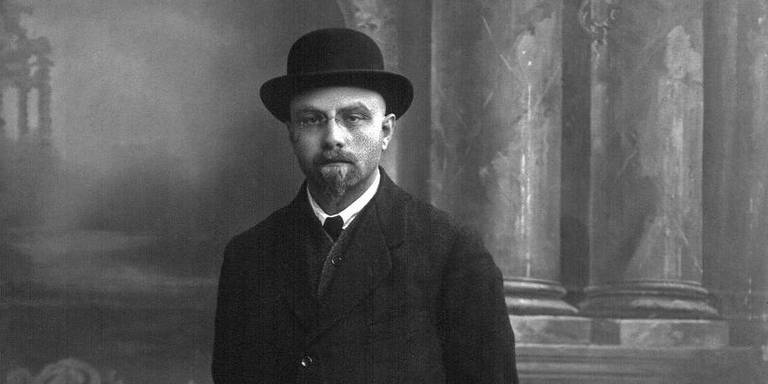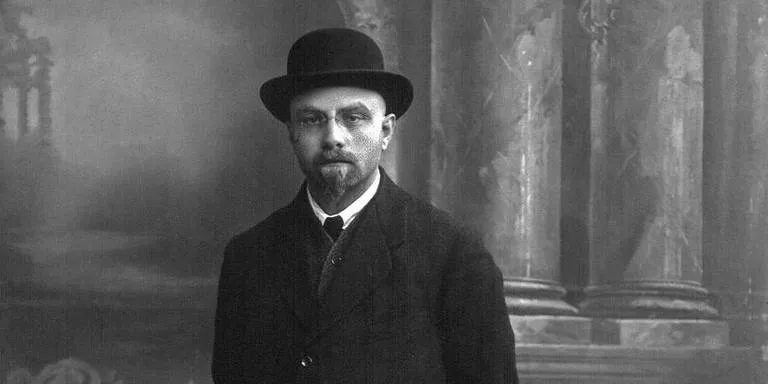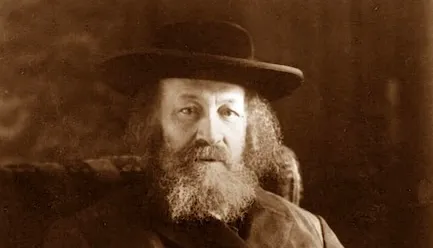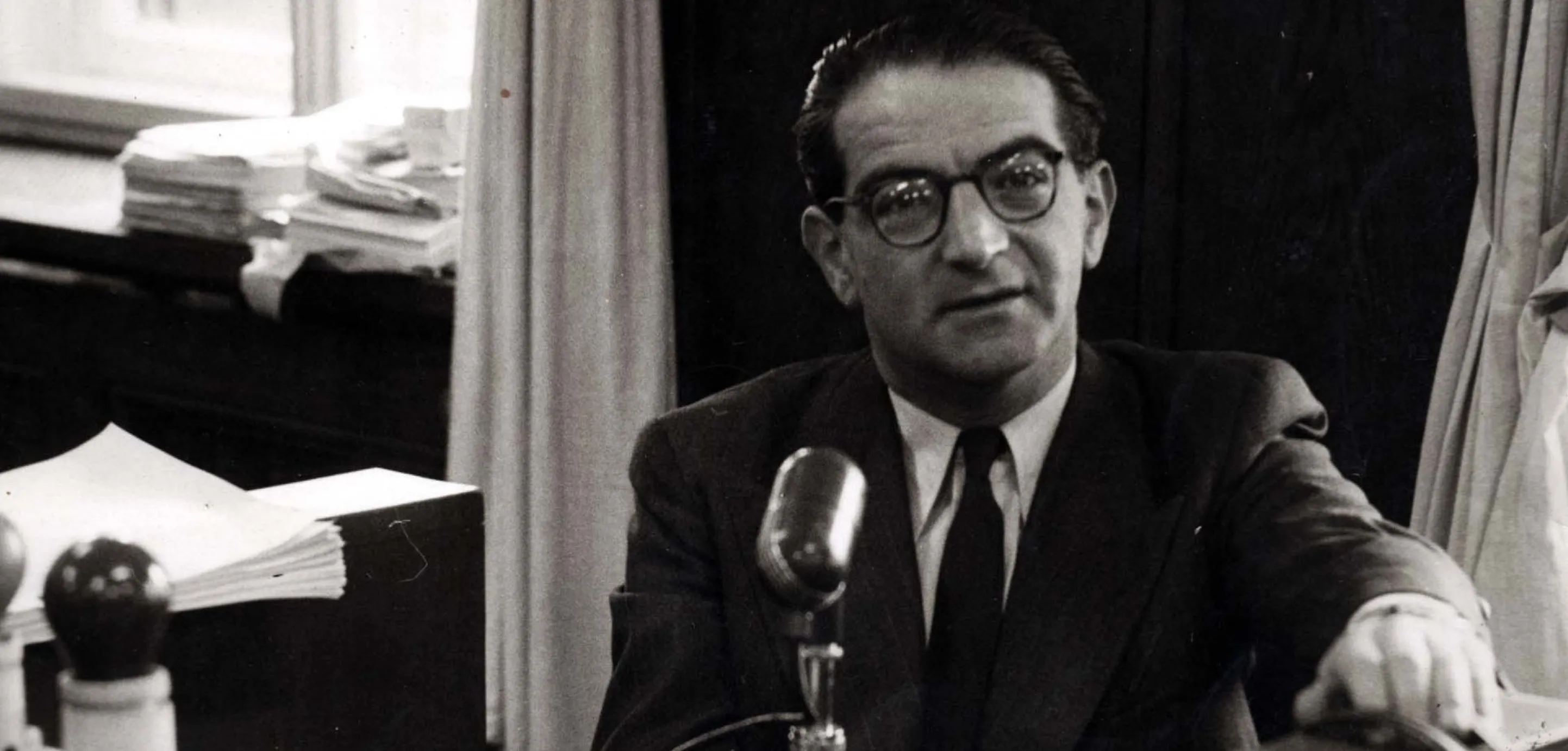· judaism vs zionism · 6 min read
Jewish Historical Opposition to Zionism
Jews who challenged Zionism throughout its history

Judaism vs Zionism
Summary
Zionism was marginal belief amongst the Jewish people until very recently in Jewish history.
Zionist Attack of Jews
Non-Zionist Jews have been actively undermined by and even murdered for opposing Zionists, including Jews who had been living in Palestine for centuries.
Zionism Cuts Jews From Their Roots
Zionism has divorced the Jewish diaspora from the deep and varied cultural manifestations of Judaism over its thousands of years of history. A deep connection that Zionists tried to sever through 75 years of misinformation and historical revisionism.
Article Contents
History
Zionism as a colonial project was borne in the 19th century by number of notable secular Jewish intellectuals but particularly through the efforts of the Austro-Hungarian activist Theodor Herzl. At inception, it faced fierce opposition from the Jewish community, both from the established orthodox and secular strands of the community. Thus, some of the most powerful critiques of Zionism came have from within the Jewish tradition itself.
Israeli professor Illan Pape writes:
As these early Zionist ideas were aired among Jewish communities in countries such as Germany and the United States, prominent rabbis and leading figures in those communities rejected the new approach. Religious leaders dismissed Zionism as a form of secularization and modernization, while secular Jews feared that the new ideas would raise questions about the Jews’ loyalty to their own nation-states and would thus increase anti-Semitism.
Zionism was met with hostility by most Jews in Europe. However, through a combination of factors including i) rising antisemitism in Europe, culminating in the Holocaust ii) the increased prominence of Christian Zionism iii) the active support of colonial powers like Great Britain to encourage the Jewish communities to leave Europe that all enabled the Zionist colonial project to create the state of Israel.
Orthodox Jews
Many from Orthodox Jewish community remain opposed to Zionism and the state of Israel to this day. Traditional rabbis view Zionism as an interference with divine will, believing Jews should remain in exile until the Messiah’s arrival.
Historically, some Orthodox Jewish viewed Zionism as a secularizing force aimed at creating a “new Jew” in contrast to the traditional Orthodox Jew. This new Jew, as depicted in Herzl’s utopian novel “Altneuland” would be secular, educated, and prosperous, a stark contrast to the traditional follower of the faith.
Reform movement
Increasingly secular interpretations of Judaism emerged in the 18th and 19th centuries. The most prominent of these was the Reform movement in Germany and the United States, which sought to adapt Jewish traditions to contemporary life.
At first, the Reform movement was staunchly anti-Zionist, rejecting the conflation of Judaism with nationalism and the idea of a Jewish state in Palestine. This sentiment was echoed by Jewish Reformists in Germany, who identified as “Germans of the Mosaic faith,” removing references to a return to Israel from their prayers. American Reformists similarly distanced themselves from nationalist aspirations, emphasizing their religious community status rather than national identity.
Prominent American Jewish leaders like Rabbi Kaufman Kohler and Isaac Mayer Wise openly criticized Zionism, seeing it as a threat to Jewish status in their respective countries. Similarly, liberal Jews of that era viewed Zionism as unrealistic and preferred assimilation and loyalty to their home countries as a response to anti-Semitism.
Socialist Jews
The socialist Jewish movement in Russia, known as the Bund, emerged in 1897 as a significant critic of Zionism. Bundists merged political activism with trade unionism, saw socialism or Bolshevism as more effective solutions to European Jews’ problems than Zionism. They feared Zionism could exacerbate anti-Semitism by casting doubt on Jewish loyalty to their home countries. Even after the Holocaust, the Bund maintained that Jews should integrate into societies valuing human and civil rights, and not necessarily seek refuge in a Jewish nation-state.
Jewish Elites
The scepticism of Jewish elites in Britain and France also posed a challenge to early Zionism. These communities had achieved significant integration into their societies and viewed Herzl’s vision as either unrealistic or potentially damaging to their status in societies where they had made considerable progress. The idea of Jewish sovereignty in a foreign land was particularly troubling as it presented Zionism as a challenge of their loyalty to their home nations.
Attack on Palestinian Jewish Spokesman
As increasing number of Zionists began to emigrate to Palestine, the native Jewish population became increasingly concerned about their plans to create a settler-colonial state on Palestinian land. For most of the history under Muslim rule, Jewish people had been living in relative peace in Palestine. However, the aggressive nature of the Zionists began to threaten the stability of Jewish community in Palestine.

Jacob Israel De Haan, spokesman for the Orthodox Jewish community, was murdered by Zionists in 1924
Jacob Israel De Haan (31 December 1881 — 30 June 1924) was an official spokesman for the Orthodox Jewish community in Palestine. He was a fierce critic of the intimidation carried out by Zionists against the native inhabitants. De Haan was in negotiations with Arab leaders to enable unrestricted immigration of Jewish people fleeing European persecution to Palestine in return for rescinding the claim for an ethno-exclusive homeland promised in the Balfour Declaration. This chance for peace was sabotaged by the Zionist militia, the Haganah, under the orders of Yitzhak Ben-Zvi (who would go onto become the second president of Israel) when they arranged for his assassination on the morning of 30th June 1924.
Chief Rabbi of Jerusalem Appeals to UN

The Chief Rabbi of Jerusalem appealed to the UN in 1947 regarding Zionist colonial plans
A few decades later, in 1947, the Chief Rabbi of Jerusalem, Yosef Tzvi Dushinsky, would formally appeal to the UN opposing the establishment of a Zionist state and requesting that Jerusalem not be part of a Jewish state but instead be placed under international governance. He realised that the Zionist plan would spell disaster for the native Palestinian Arab and Jewish populations.
Zionist Betrayal
The Zionist movement, since its inception, worked closely with antisemitic regimes for mutual benefit. Herzl was clear that the antisemitism in Europe was a positive step his plan of a settler-colonial Jewish state:
The anti-Semites will become our most dependable friends, the anti-Semitic countries our allies.
The Complete Diaries of Theodor Herzl
Herzl wished to divorce the Jewish diaspora from the roots of the lands they had lived in for centuries to create an exclusive ethno-Jewish state in Palestine; in return the antisemitic governments would be rid of the very Jewish minority in their states whom they perceived as a threat.

Rudolf Kasztner collaborated with the Nazi regime on behalf of the European Zionists
A famous example of Zionist betrayl of the Jewish population was the case of Rudolf Kasztner (1906 – 15 March 1957). Kasztner worked closely with the Zionist leadership in Europe and became eventual Spokesman for the Ministry of Trade and Industry of Israel (1952). However, hidden to most, Kasztner made agreements with the Nazi regime on behalf of the European Zionists, in particular he worked with Adolf Eichmann, the mastermind of the Holocaust to save a small group Zionists whilst failing did not raise the alarm regarding the Holocaust. He was later assassinated.
Agreement with Nazis
On 25 August 1933, Zionists famously signed a pact with the Nazi regime, The Haavara Agreement. The pact facilitated Jewish emigration from Nazi Germany to Palestine. Under this agreement, Jews were allowed to transfer a portion of their assets from Germany to Palestine. Approximately 60,000 German Jews in transferred to Palestine, however it caused division among Jews worldwide. The deal was argued to further increase antisemitism with the mistaken belief that Jewish people were not loyal to their countries.
